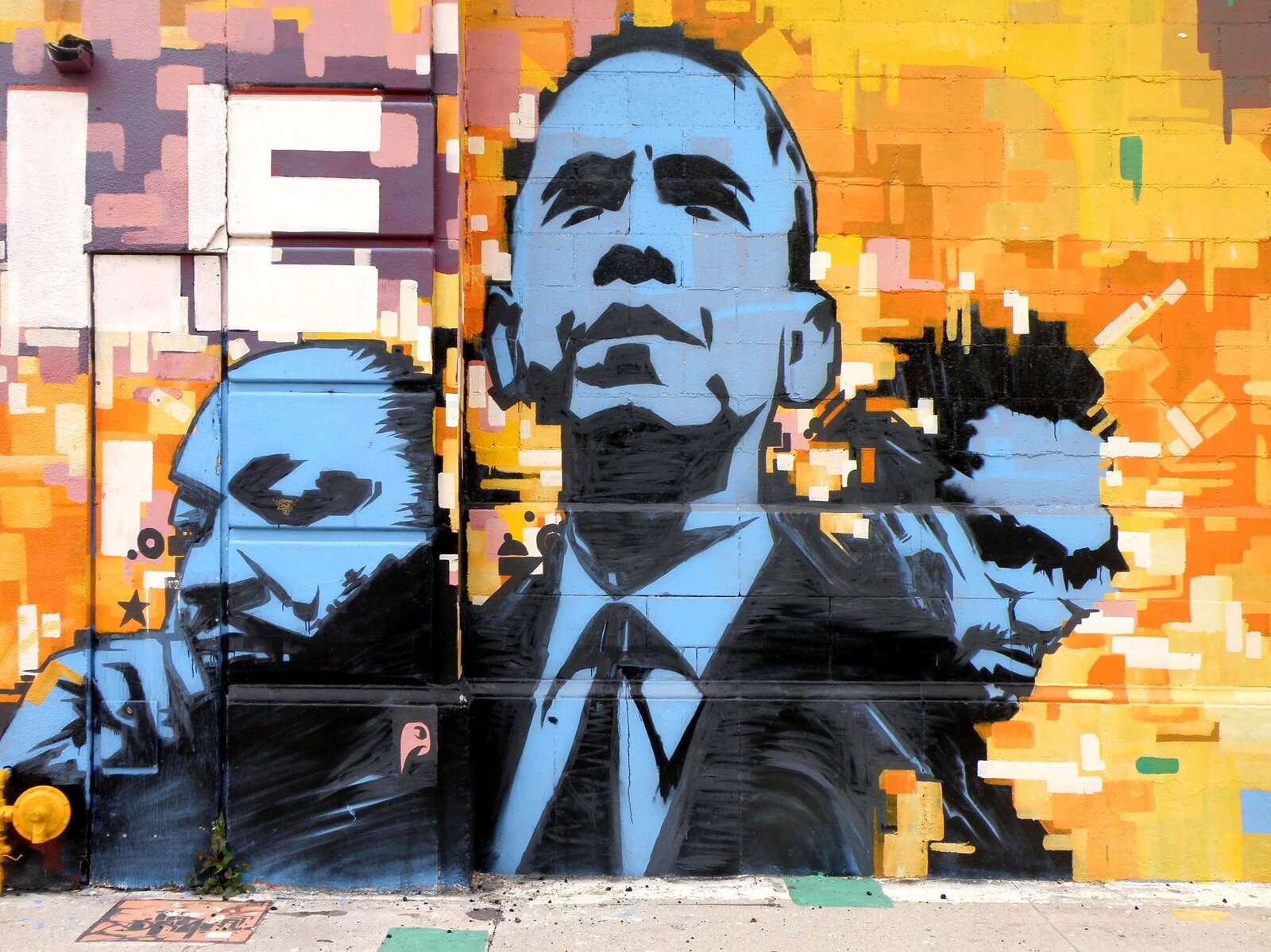Adebe DeRango-Adem explores her identity in art and poetryPosted in Articles, Arts, Canada, Identity Development/Psychology, Media Archive, Women on 2016-02-28 18:45Z by Steven |
Adebe DeRango-Adem explores her identity in art and poetry
The Toronto Star
2016-02-26
Debra Black, Immigration Reporter
 Adebe DeRango-Adem was recently hailed as a young Canadian author to watch by Canada’s poet laureate, George Elliott Clarke. She is a poet and doctoral student in English literature at University of Pennsylvania. |
Adebe DeRango-Adem was recently hailed as a young Canadian author to watch by Canada’s poet laureate, George Elliott Clarke. She is a poet and doctoral student in English literature at University of Pennsylvania.
Adebe DeRango-Adem was recently hailed as a young Canadian author to watch by Canada’s poet laureate, George Elliott Clarke. DeRango-Adem is a poet and doctoral student in English literature at University of Pennsylvania. Her latest work, Terra Incognita, a collection of poetry published last year, examines racial identity. The winner of the Toronto Poetry Competition in 2005, she served as Toronto’s first junior poet laureate. She spoke to the Star about Black History Month and what it means to her, as well as the importance of exploring identity in art.
I’m wondering what your feelings are about the designation of Black History Month and what that means for you as a writer. Is it important?
A colleague of mine, Andrea Thompson, who is pretty well known in the poetry world, described my book as an excellent and complete mapping of racial topography in Canada. We’re still struggling with the notion of post-race world and post-racial identities. My book and how it speaks to Black History Month is about pushing for malleable borders of identity and identification, in terms of blackness. I happen to be of mixed race — black identified mixed race — and so my book kind of inhabits the same questions that I think are important for everyone to consider. Questions such as: What’s our fixation on the attempts to envision a post-racial world all about? Who is to say, for example, that this idea of mixed races — what makes that radical? That term blackness itself is being opened in good ways. So those are the questions that I think my book is asking. It’s referring to the inter-racial experience as a grounding, but it also wants to ask about immigration. I, myself, am a child of immigrant parents. From Italy and Ethiopia. I came to the U.S. to study, also making me an immigrant. My book is also about asking how blackness in Canada relates to roots, movement and differentiation…
Read the entire interview here.

